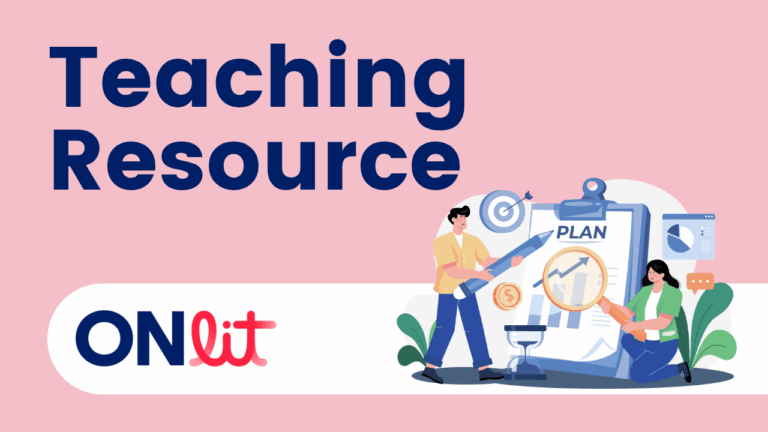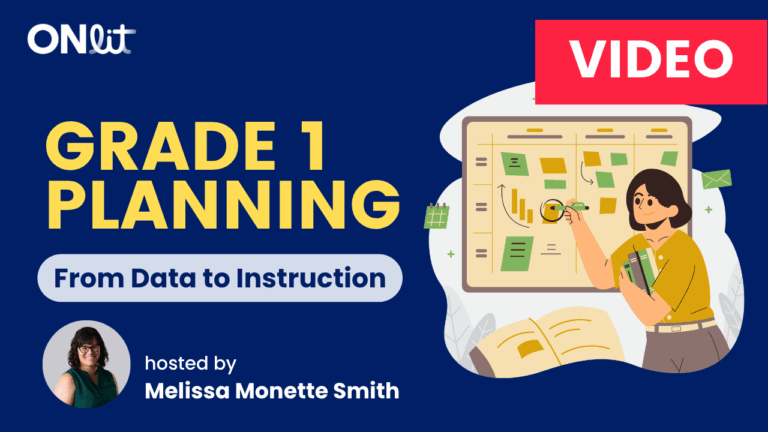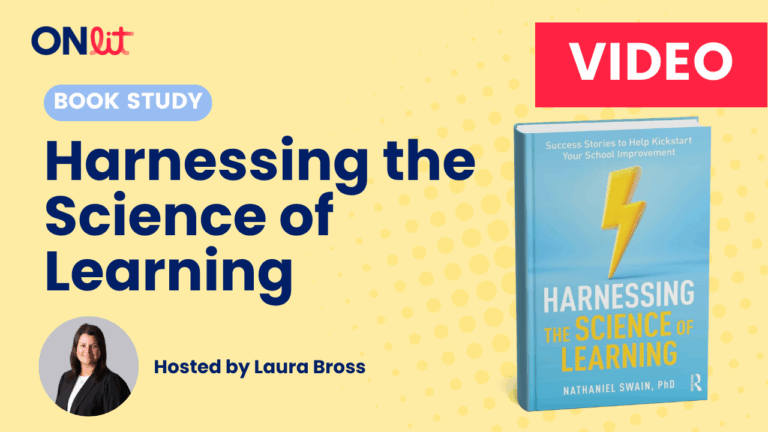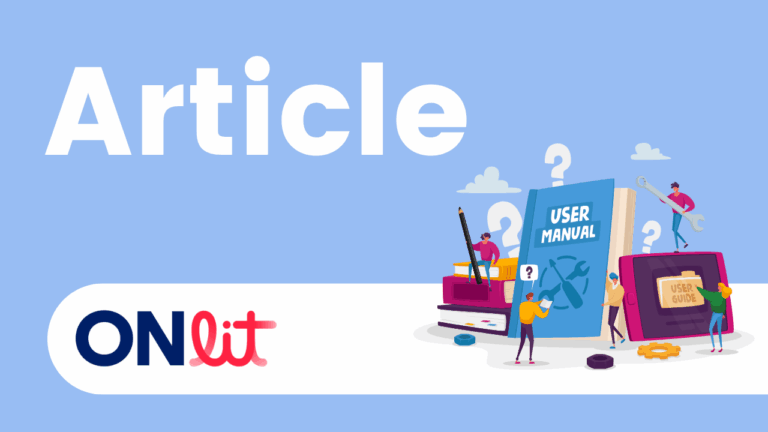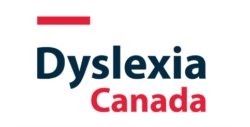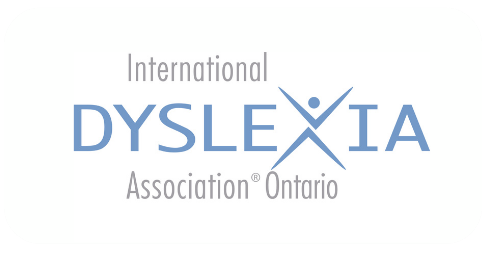Collaborative Problem-Solving Worksheet: Classroom Level
This worksheet serves as a template, walking educators through a structured process to use data to make informed instructional decisions about classroom- or grade-wide data. It highlights the steps of collaborative problem solving — problem identification, problem analysis, instructional planning, and plan evaluation.

